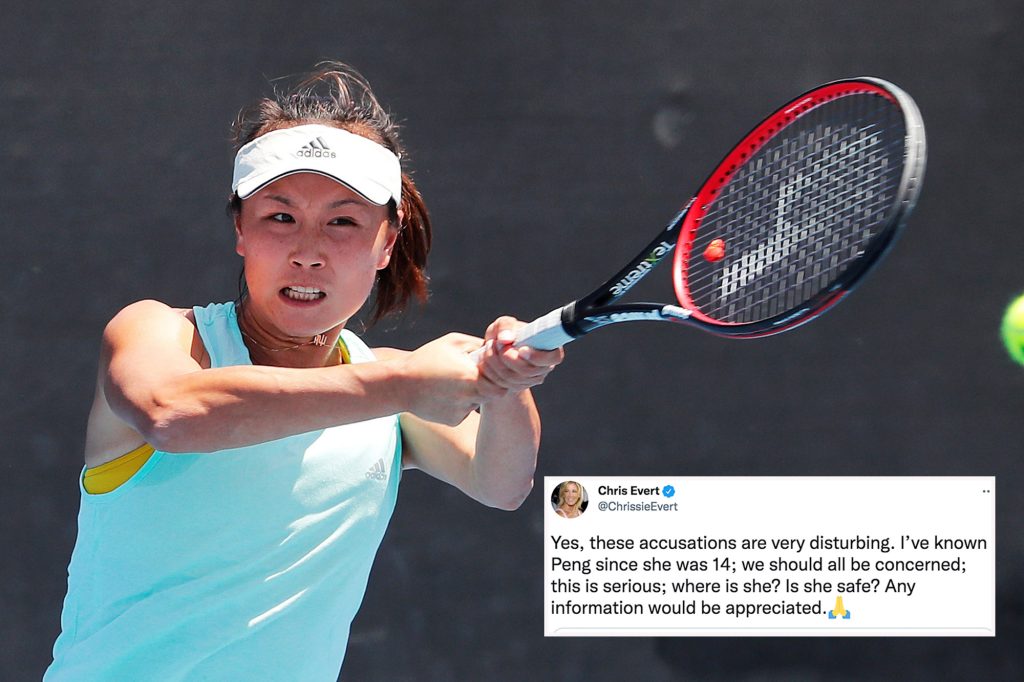The February Olympic Games will be held in Beijing China, and the competitors will be unable to share opinions regarding ongoing human rights violations in China.

The International Olympic Committee (IOC) has previously banned political speech at medal ceremonies. The rule set also required athletes to follow the public laws of the region.
Despite their constitution guaranteeing free speech under law, the Chinese government also uses vague clauses regarding “state secrets” and “subversion of state power” to censor dissenting voices. There’s no doubt that these rules could apply to anyone within the country speaking out, including foreign nationals competing in the Olympic Games.
Luckily, it’s very unlikely that the Chinese government would exercise such authority over athletes. The issue will most likely be faced by the IOC and whether or not they will consider these laws.
CBS reported, China has worked to silence dissenting voices such as tennis star Peng Shuai, who accused former Chinese Communist party leader Zhang Gaoili of sexual assault before disappearing for weeks. Peng reappeared in Beijing on Nov. 20, 18 days after she made the allegations on social media, but China — which deleted Peng’s post shortly after it went live — has so far refused to investigate the issue.

Peng has reappeared, but many questions whether the athlete is safe. What was She put through during the time that she was abducted? Why is she silent now?
The IOC has not yet been clear on its policy regarding speech at the winter games, nor has it announced any measures to protect competitors from persecution.


